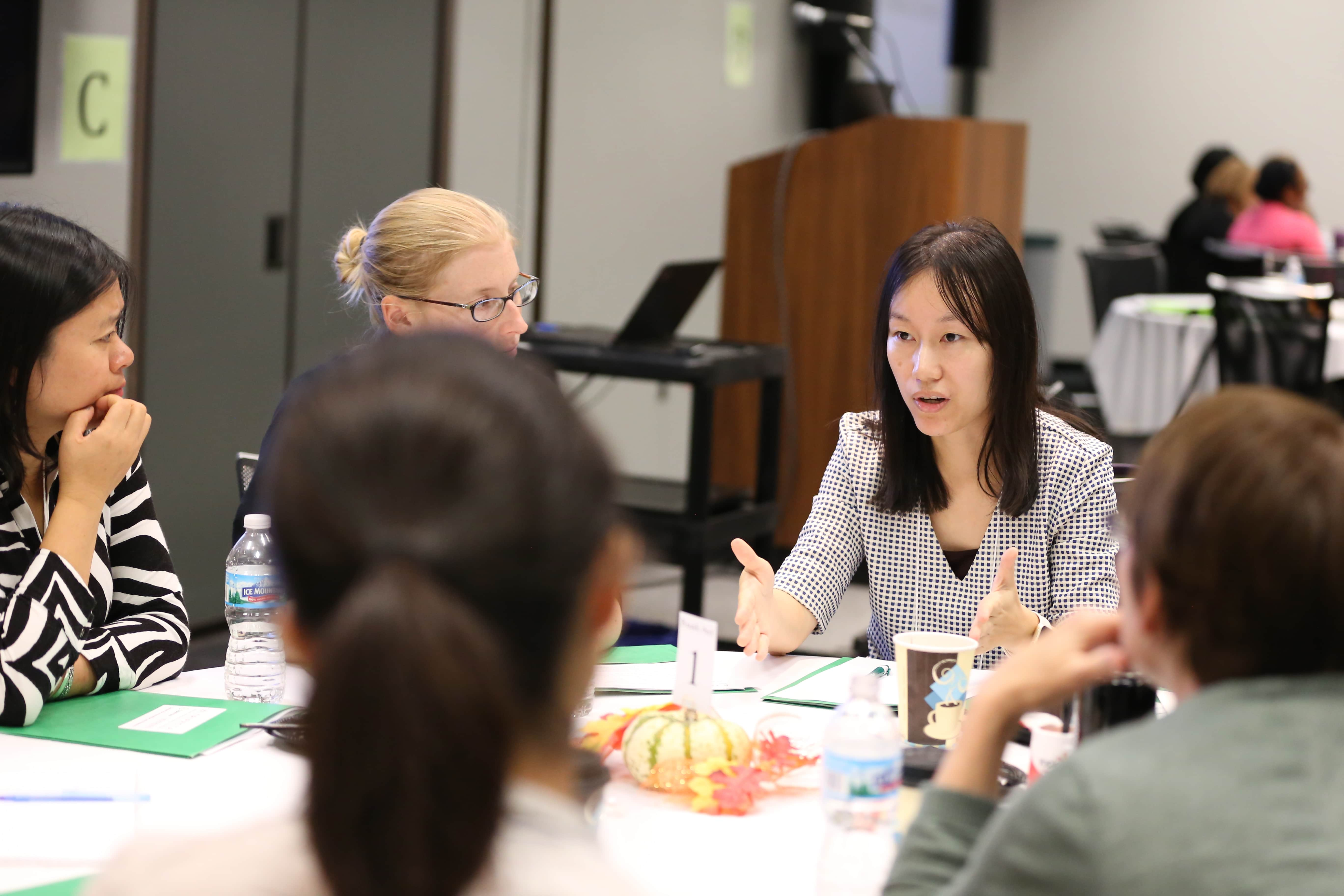Faculty members in the MSU College of ComArtSci are regularly asked to attend faculty retreats in order to maintain top quality teaching and student interaction. One of the common topics of discussion at these retreats is the mental health and well being of students in their classes. It is estimated that 10 percent of college students use counseling services to manage mental health issues such as depression.
Jingbo Meng, an assistant professor of Communication at Michigan State University, took an idea away from the conversation. After a retreat about two years ago, she teamed up with Mi Zhang, an assistant professor at the College of Engineering, and Scott Becker, director of MSU’s Counseling Center, to consider the potential of better understanding and monitoring mental health symptoms in college students by using sensor and wearable technologies.
"We have been observing students with a lot of stress and (symptoms of depression) in our own classes," Meng said. "As faculty members, we talk about how we can help students, so this is a very important and imperative issue to solve in colleges."
In collaboration with the College of Engineering and MSU’s Counseling Center, Meng will work to develop a smart human-centered system called iSee.
A sensor will be built inside mobile devices to track a patient's behavior, including patterns of exercise, diet, sleep habits and more - actions that can define a student’s well being. The results from the sensors will be transferred to a dashboard system on expert counselors’ computers so they can monitor and determine the needs of their student clients. A smartphone app will also be developed for students to manage their mental health.
"The behavioral data of students can facilitate counselors’ understanding of the students’ narratives about their life incidents and emotional upheavals," said Meng. "The quality of student-counselor communication is expected to be improved."
Meng and her colleagues recently received a $1,000,000 grant from the National Science Foundation to use toward the development of the system. With the grant, she estimated the project will take three years to complete and fully implement, including conducting tests on campus. Meng plans to interview counselors and student-patients to learn about their needs of health information and what features will be necessary in the technology to improve their experience with counseling.
Other key members in the project include co-principal investigators Anil Jain, University Distinguished Professor of computer science and engineering from MSU; Alex Liu, professor of computer science and engineering from MSU; David Mohr, professor of preventive medicine and director of Center for Behavioral Intervention Technologies from Northwestern University; and a team from Microsoft Research.
